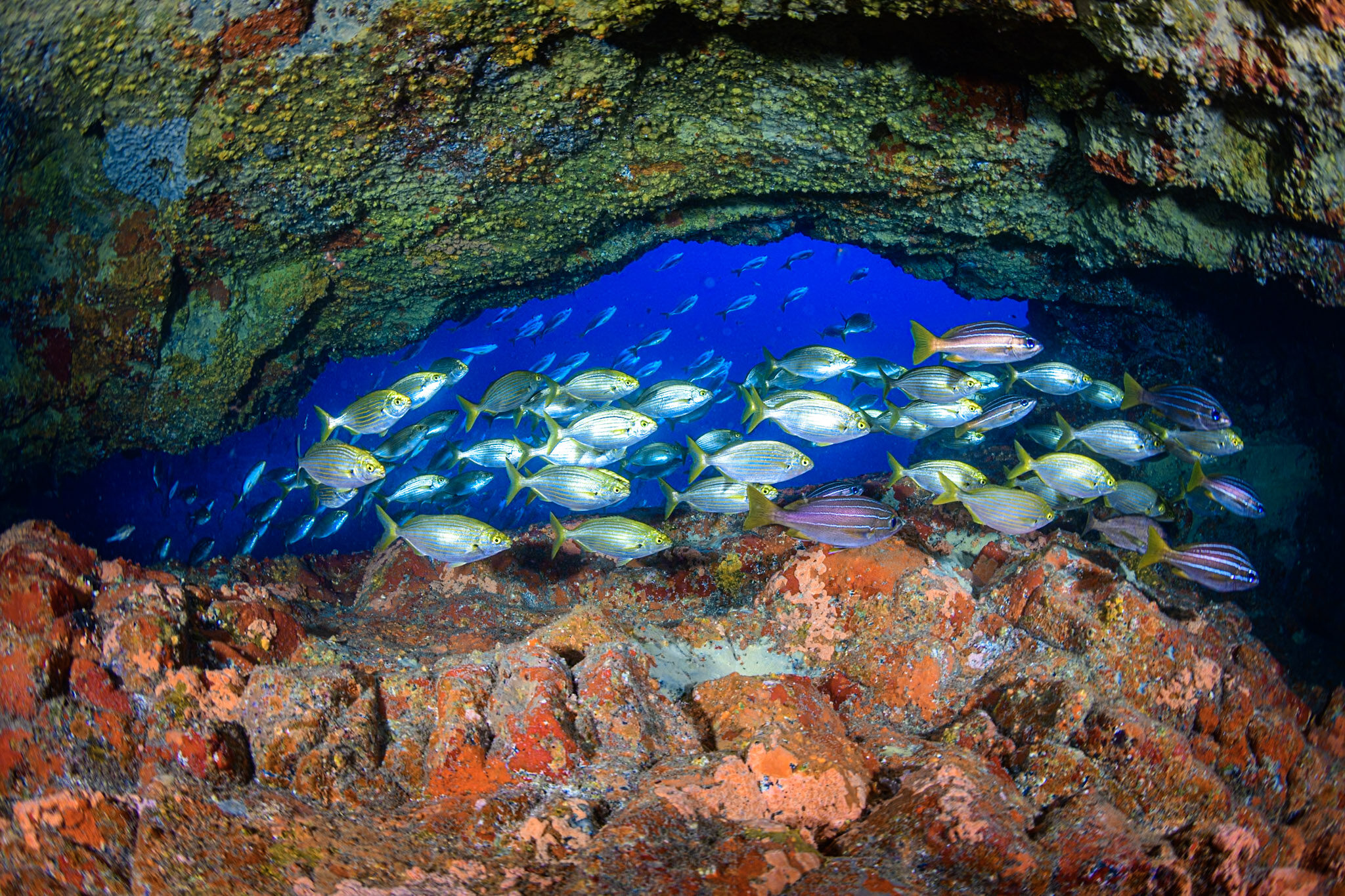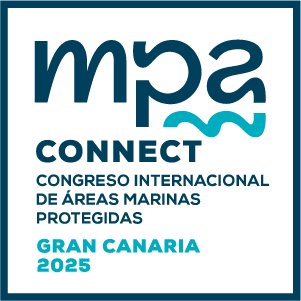Marine Protected Areas in the Eastern Central Atlantic
Day(s)
:
Hour(s)
:
Minute(s)
:
Second(s)
Date
May 22-23
Place
Canary Islands, Gran Canaria
Hotel Cristina, Las Palmas de Gran Canaria
Other Nearby Hotels
Hotel NH Imperial Playa ⭐⭐⭐⭐
Hotel Concorde ⭐⭐⭐⭐
Bull Reina Isabel & Span ⭐⭐⭐⭐
Hotel Catalina ⭐⭐⭐⭐
Hotel Aloe Canteras ⭐⭐⭐
About the event
In a context of increasing pressure on marine resources and ocean space due to traditional and emerging activities, there is an urgent need to find a sustainable balance between human development and the conservation of marine ecosystems.The MPAs Canary Islands project, supported by Oceans 5, aims to contribute to the protection of 30% of the oceans by 2030, with 10% strict protection, by strengthening the network of MPAs in the Canary Islands and promoting their connection with the marine areas of the Eastern Central Atlantic.
These conferences will be attended by experts, institutions and key actors, and will be an ideal space for sharing knowledge and defining replicable strategies for other regions..

Main Objectives
Identify perspectives and define the role of MPAs in the conservation and sustainable management of marine ecosystems.
Analyse the current situation of Marine Protected Areas in the Eastern Central Atlantic.
Facilitate knowledge exchange between key actors.
Explore opportunities and challenges in its management.
Program
This event is presented as a space for reflection and action, promoting a reference model replicable in other regions and aligned with the global objectives of marine conservation.
Explore its three thematic blocks!
Block 1: Status of MPAs - Challenges and Opportunities
| Session 1: Ocean Protection – An International Perspective |
| Regional Lead, Blue Nature Alliance – Sarah Elsaid Challenges and opportunities for the implementation of 30×30 |
| Director of the European Program (Oceans 5) – Marta Marrero Challenges and opportunities for private philanthropy in Europe. |
| Regional Director, Government of the Azores – Rui M. Martins Defining MPAs: challenges and opportunities. The Azores as a success story. |
| Session 2: MPAs in the Canary Islands |
| Ministry of Agriculture, Fisheries and Food (MAPA) – Elisa Carbajo Technical Strategy for MPAs towards 2030. |
| Director, Marine Protected Areas Program (MITECO) – Francisco Guil Current status of marine protected areas in Spain and in the Canary marine district. |
| Directorate General of the Merchant Navy (DGMM) – José Casado The Canary Islands Particularly Sensitive Sea Area (PSSA): characteristics and evolution. |
| National Parks Autonomous Agency (OAPN) – Dolores Rollan Monedero Values of Mar de las Calmas near El Hierro and the process for declaring it a national marine park. |
| COFFEE BREAK |
Block 2: Interaction and Social Perception
| Session 3: Experiences and Success Stories |
| Director, Galapagos Program, Jocotoco Foundation – Eliecer Cruz Establishment of the Hermandad Marine Reserve, management plan, and funding mechanisms. |
| Marine Ecology and Conservation, University of Murcia – José Antonio García Charton Marine reserves along the Murcia coastline: outcomes and key success factors. |
| Head of Technical Unit, Ciudad del Mar, Las Palmas de G.C. City Council – Andrés Caballero. Coastal Governance: Eco-tourism micro-zones at Las Canteras. |
| Session 4: Social Participation Experiences |
| Director, Marilles Foundation – Aniol Esteban Advancing 30×30 and 10×30 goals in the Balearic Islands and Spanish Mediterranean. |
| Irish Wildlife Trust – Donal Griffin Promoting MPAs in Ireland. |
| Gran Canaria Island Council – Francisco González Proposal for the Guguy Terrestrial-Marine National Park, Gran Canaria, Spain. |
| Oceano Azul Foundation – Emanuel Gonçalves Roadmap to 30×30: Marine Protected Areas Case Studies from Portugal. |
| Cocktail and Refreshments |
Block 3: Emerging and Compatible Activities?
| Session 5: Multiple Uses of Marine Space |
| University of Las Palmas de Gran Canaria – Ricardo Haroun Marine spatial planning and marine protected areas. |
| Directorate General of the Merchant Navy (DGMM) – José Casado The IMO’s role as a regulatory body for PSSAs: Associated Protective Measures and Special Areas. |
| Nord University, Norway – Mark John Costello MPA myths and misunderstandings. |
| Session 6: Interaction with Fishing Activity |
| University of Las Palmas de Gran Canaria – José Juan Castro Insights into the role of marine reserves in fisheries management |
| Global Fishing Watch (GFW) – Luca Marsaglia The Global Fishing Watch Program. |
| Director General for Maritime Policy and Sustainable Fisheries – Sergi Tudela Participatory marine governance and spatial planning: A decade of co-management experiences in Catalonia. |
| Coffee Break |
| Session 7: Emerging Activities |
| Enerocean – Pedro Mayorga Synergies between environmental monitoring and floating wind energy projects. The case of W2Power in the Primavera Project. |
| Esteyco – Imma Estrada Development of WHEEL technology for floating offshore wind. Respect and commitment to the sea. |
| Underwater Gardens – Mark García / Durán Hurt |
| Session 8: Citizen Engagement – Round Table |
| MPAs in the Canary Islands: Frontline perspectives from NGOs involved in their protection – Carlos Mallo |
| Angel Shark Project – Eva Meyers Oceana – Michael Sealey WWF – Beatriz Ayala ZEC Consciente – Cristina Camacho y Carmen Gloria ADS Biodiversidad – Ana Liria Red de Gestores de Áreas marinas Protegidas del Mediterráneo – Puri Canals Innoceana – Karina López |

